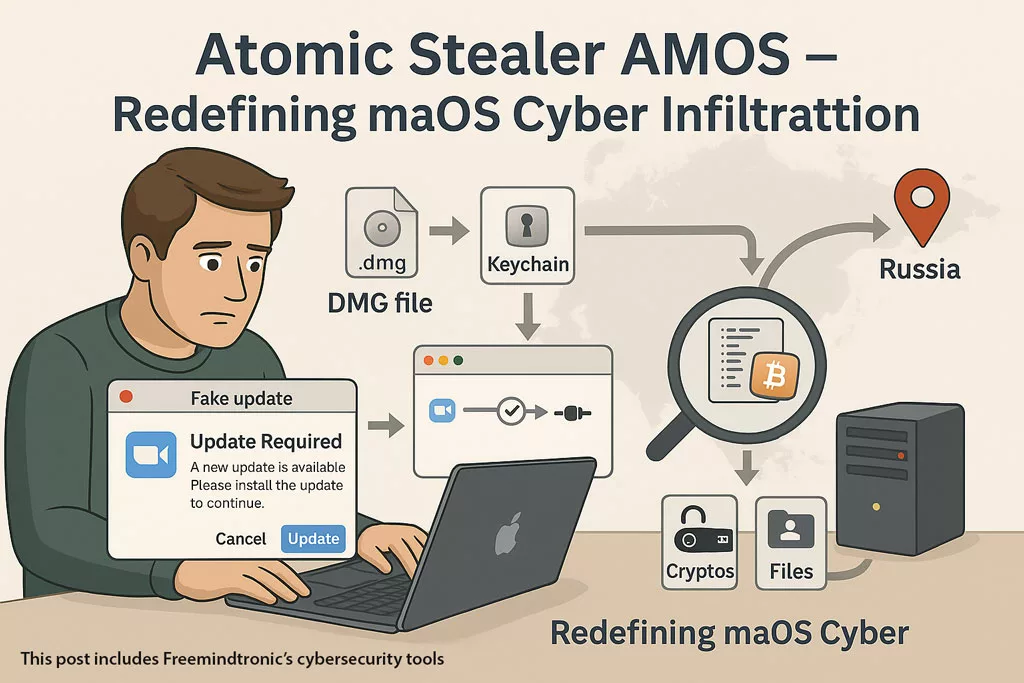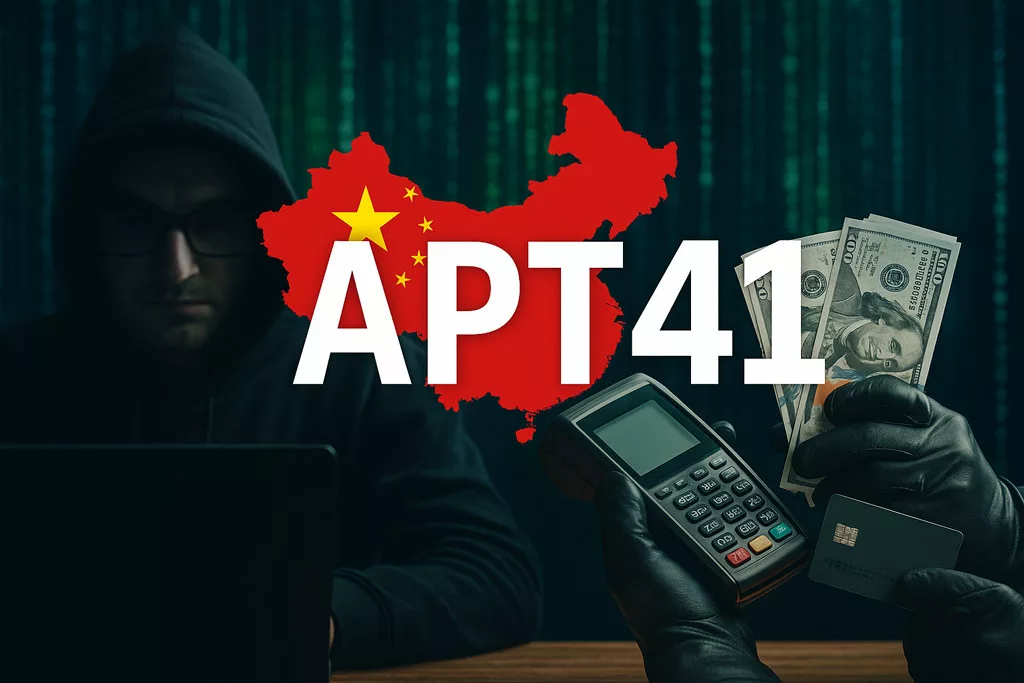Ommic case by Jacques Gascuel: This article will be updated with any new information on the topic.
Ommic case: A scandal of military industrial espionage
Ommic, a French semiconductor company, suspected of spying for China and Russia. Alleged delivery of military material and processes for radars, missiles or drones. Economic and political consequences for France and Europe. Questions about the protection and control of dual-use technologies. Article on the Ommic case, the technological secrets, the measures taken by the French government and other cases of military industrial espionage in the world.
Ommic case: The story of a French semiconductor company accused of spying for China and Russia
The Ommic case is a scandal of industrial espionage that involves a French company specialized in the manufacture of high-tech semiconductors. According to the charges brought by the French justice, Ommic would have delivered to China and Russia material and processes sensitive to the military, used in particular by the French army. The French general manager of the company, as well as three other people, were indicted in March 2023 for “delivery to a foreign power of processes, documents or files likely to harm the fundamental interests of the Nation”. The French state took temporary control of the company and seized several tens of millions of euros. In June 2023, Ommic was sold to an American owner and changed its name to Macom. This case raises questions about the protection of French technological know-how and the risks associated with the transfer of strategic technologies to foreign powers.
What is Ommic?
Ommic, located near Paris in Limeil-Brévannes, has a history of more than 40 years in material science, semiconductor wafer processing and monolithic microwave integrated circuit (MMIC) design. Its differentiated manufacturing capabilities include several semiconductor processes and products qualified by the European Space Agency (ESA). Ommic uses notably gallium arsenide (GaAs) and gallium nitride (GaN) technologies, which allow to produce high-performance electronic components for high-frequency applications. Ommic counts among its customers major players in the space sector, such as Thales Alenia Space or Airbus Defence and Space.
Why did Macom buy Ommic?
Macom is an American supplier of semiconductor products for the telecommunications, industrial and defense and data center sectors. Macom announced in February 2023 that it had entered into a definitive agreement to acquire the assets and operations of Ommic for approximately 38.5 million euros. Macom sees Ommic’s high-frequency MMIC product portfolio and design capability as an aid to address microwave applications on target markets. Macom also said that acquiring Ommic should allow it to focus more on European markets and expand its wafer production capacity.
What are the technological secrets delivered by Ommic?
According to the information revealed by the French press, Ommic would have delivered to China and Russia material and processes sensitive to the military, which could have been used to manufacture radars, missiles or drones. These would include machine tools capable of engraving GaN wafers, a highly sought-after technology for its performance in terms of power, efficiency and thermal resistance. Ommic would also have transmitted digital files containing integrated circuit plans, source codes or algorithms. These technological secrets would have an estimated value of several hundred million euros.
What are the consequences of the Ommic case?
The Ommic case had legal, economic and political consequences. On the legal level, four people were indicted and placed under judicial control. They face 15 years in prison and 225 000 euros fine.
On the economic level, the French state took temporary control of the company. It also seized several tens of millions of euros. Moreover, it launched an audit to assess the damage to national defense. Additionally, it strengthened the security and competitiveness of the French semiconductor industry.
On the political level, the Ommic case provoked contrasting reactions. Some denounced a national betrayal and a threat to technological sovereignty. Others minimized the scandal and welcomed the takeover by Macom. The French government affirmed its vigilance and reminded that France had other leading players in this field.
The Ommic case also had implications for the world of semiconductors. This is a strategic sector for many applications. The case revealed the vulnerability of some European companies to foreign espionage and competition. The case also highlighted the importance of protecting intellectual property rights and preventing technology transfers. The case also raised questions about Macom’s role and responsibility.
How did Macom react to the Ommic case?
Macom reacted to the Ommic case by expressing its support for the French authorities and its commitment to comply with all applicable laws and regulations. Macom stated that it was not aware of any wrongdoing by Ommic or its employees before or during the acquisition process. Macom also stated that it had conducted a thorough due diligence on Ommic’s business and operations before closing the deal. Macom said that it was cooperating fully with the French authorities and that it was confident that it would be able to demonstrate its good faith and integrity.
Macom also tried to reassure its customers and partners about its ability to continue to provide high-quality products and services based on Ommic’s technologies. Macom said that it had taken steps to ensure the continuity of Ommic’s operations and to preserve its know-how and expertise. Macom also said that it had implemented strict security measures to protect Ommic’s intellectual property and trade secrets from unauthorized access or disclosure.
Macom also emphasized the strategic value of acquiring Ommic for its growth and innovation objectives. Macom said that Ommic’s high-frequency MMIC product portfolio and design capability were complementary to its own offerings and would enable it to address microwave applications on target markets. Macom also said that acquiring Ommic would allow it to focus more on European markets and to expand its wafer production capacity.
Are these measures enough to ensure the security and competitiveness of France in the field of semiconductors?
According to experts, these measures are necessary but not sufficient. It would also be necessary to strengthen European cooperation, which is essential to cope with global competition, especially from China and the United States. It would also be necessary to anticipate technological changes and market needs, which are constantly changing. It would finally be necessary to develop a coherent and ambitious industrial and commercial strategy, which values the assets and specificities of France.
What are the challenges and opportunities that arise for the future?
The challenges are numerous, but so are the opportunities. The field of semiconductors is indeed a key sector for many applications, such as aeronautics, automotive, space, health or digital. The global demand is strong and should continue to grow in the coming years. France has recognized skills and innovative players in this field, who can differentiate themselves by their quality, reliability or performance. France can therefore play a major role in the development and dissemination of tomorrow’s technologies.
What are some other examples of military industrial espionage cases in the world?
Military industrial espionage is the practice of spying on or stealing information from other countries or companies that are involved in the development, production, or sale of military equipment, technology, or services. Military industrial espionage can have serious consequences for national security, economic competitiveness, and international relations.
There are many examples of military industrial espionage cases in the world, involving different actors, methods, and targets. Here are some of them:
- In 2019, a former engineer at Raytheon, a US defense contractor, was arrested and charged with exporting sensitive missile technology to China. Wei Sun, a Chinese-born US citizen, admitted that he took a laptop containing classified information about Raytheon’s products to China without authorization. He also admitted that he shared some of the information with Chinese professors and students at a university in China1.
- In 2018, a former employee of the French aerospace company Thales was convicted of spying for China. Henri Dumoulin, a French citizen, was accused of passing confidential documents about radar systems and missile guidance to Chinese intelligence agents. He was sentenced to six years in prison and fined 40,000 euros2.
- In 2017, a former employee of the German engineering company Siemens was found guilty of selling trade secrets to Russia. Evgeny Kaspersky, a Russian citizen, worked as a software developer at Siemens and had access to the source code of a software used to control gas turbines. He copied the code and sold it to a Russian company that was linked to the Russian military. He was sentenced to two years and nine months in prison3.
- In 2016, a former employee of the British defense company BAE Systems was arrested and charged with attempting to sell jet fighter secrets to Iran. Simon Finch, a British citizen, worked as a software engineer at BAE Systems and had access to sensitive information about the Typhoon fighter jet. He allegedly tried to sell the information to Iranian officials through an encrypted messaging app. He was later acquitted after claiming that he acted out of frustration over his treatment by BAE Systems.
How to prevent and combat military industrial espionage?
Military industrial espionage is a widespread and dangerous phenomenon for the security and competitiveness of countries and companies involved in the military industry. It involves spying or stealing sensitive information or technology for military purposes. Therefore, it is important to implement effective measures to prevent and combat this type of espionage. These measures may include:
- Strengthening the protection and control of classified or proprietary information and technology.
- Enhancing the awareness and education of employees and contractors about the risks and responsibilities.
- Increasing the cooperation and coordination among national and international authorities and partners.
- Prosecuting and sanctioning those who engage in or facilitate military industrial espionage.
The Ommic case is not an isolated case of military industrial espionage in the world. There are many cases where countries or companies have tried to appropriate or transfer sensitive information or technology. Some of these technologies are dual-use, meaning that they can have both civilian and military applications. This is the case for data encryption and messaging.
The complexity and dynamics of industrial espionage with a military character
Industrial espionage with a military character is a complex and dynamic phenomenon, which evolves according to technological advances, geopolitical power relations and the strategies of the actors involved. It poses significant challenges for the security and competitiveness of countries and companies that are victims or targets of this practice. It therefore requires constant vigilance and continuous adaptation to prevent and combat this threat.
The Ommic case is a concrete and recent example of industrial espionage with a military character that illustrates one of the methods that this practice can take. It also shows the flaws and risks associated with dual-use technologies, i.e. technologies that can have both civilian and military applications. It invites us to think about the future prospects and challenges posed by industrial espionage with a military character in an increasingly connected and competitive world.
Conclusion: The Ommic case and the challenges of industrial espionage with a military character
Industrial espionage with a military character is a complex and dynamic phenomenon, which evolves according to technological advances, geopolitical power relations and the strategies of the actors involved. It poses significant challenges for the security and competitiveness of countries and companies that are victims or targets of this type of espionage. It therefore requires constant vigilance and continuous adaptation to prevent and combat this threat.
In this article, we have presented the Ommic case, a scandal of industrial espionage with a military character that involves a French company specialized in the manufacture of high-performance electronic components for high-frequency applications. We have explained the facts, the actors, the stakes and the consequences of this case. We have also shown how this case illustrates one form of industrial espionage with a military character by transfer, according to the means and methods used. In the next article, we will address other methods such as infiltration, surveillance, hacking, subversion.
In the next article, we will also talk about the counter-espionage technologies such as those designed, developed and manufactured by Freemindtronic, which include innovative digital security solutions based on quantum cryptography. These solutions allow to protect sensitive data from theft, falsification or corruption, using unbreakable encryption keys and tamper-proof transactions.
We will explain how these solutions can help countries and companies to protect themselves from attacks of industrial espionage with a military character, using cutting-edge and environmentally friendly technologies.
If you want to learn more about how to protect your data and communication from industrial espionage with a military character, stay tuned for our next article on Freemindtronic’s innovative solutions based on quantum cryptography.







